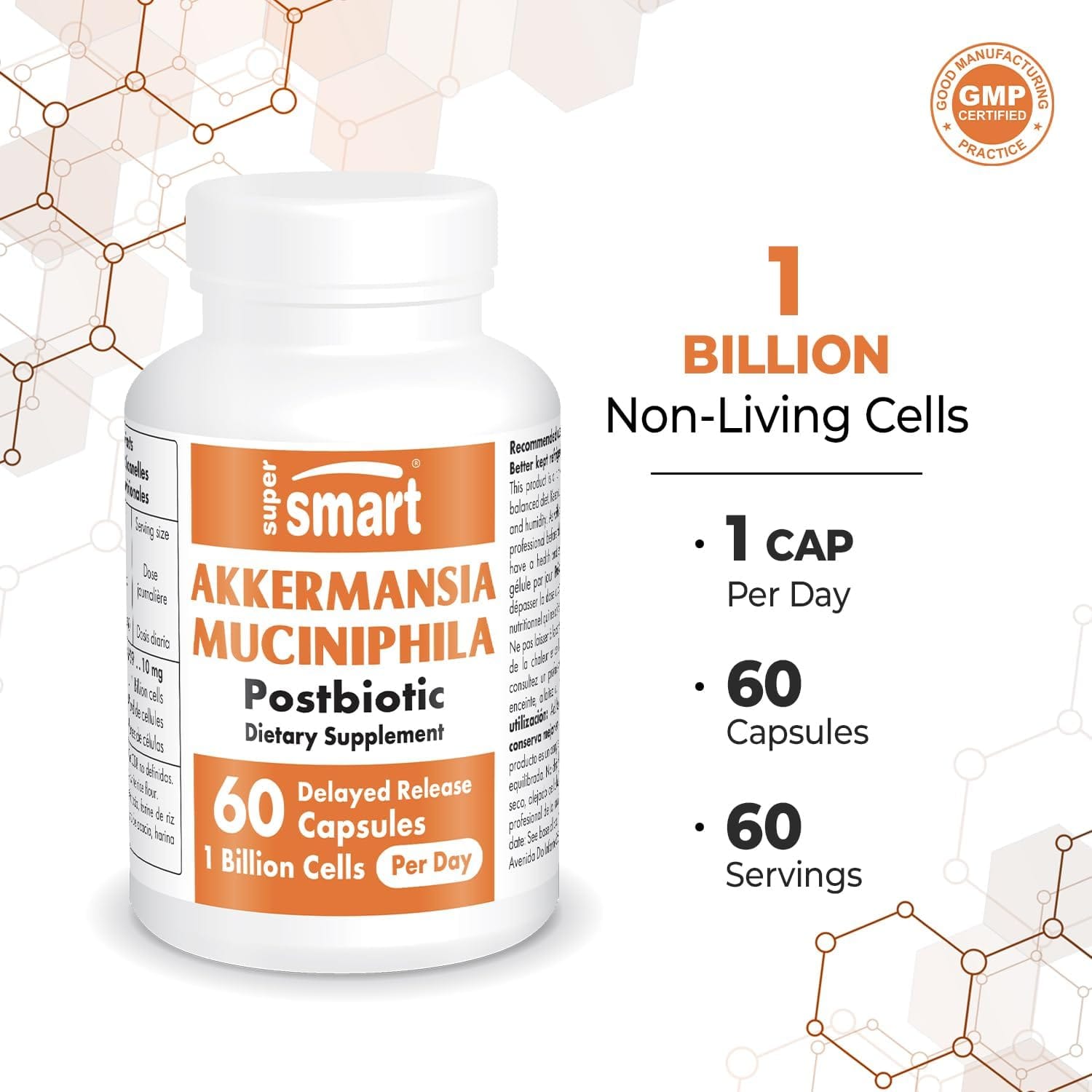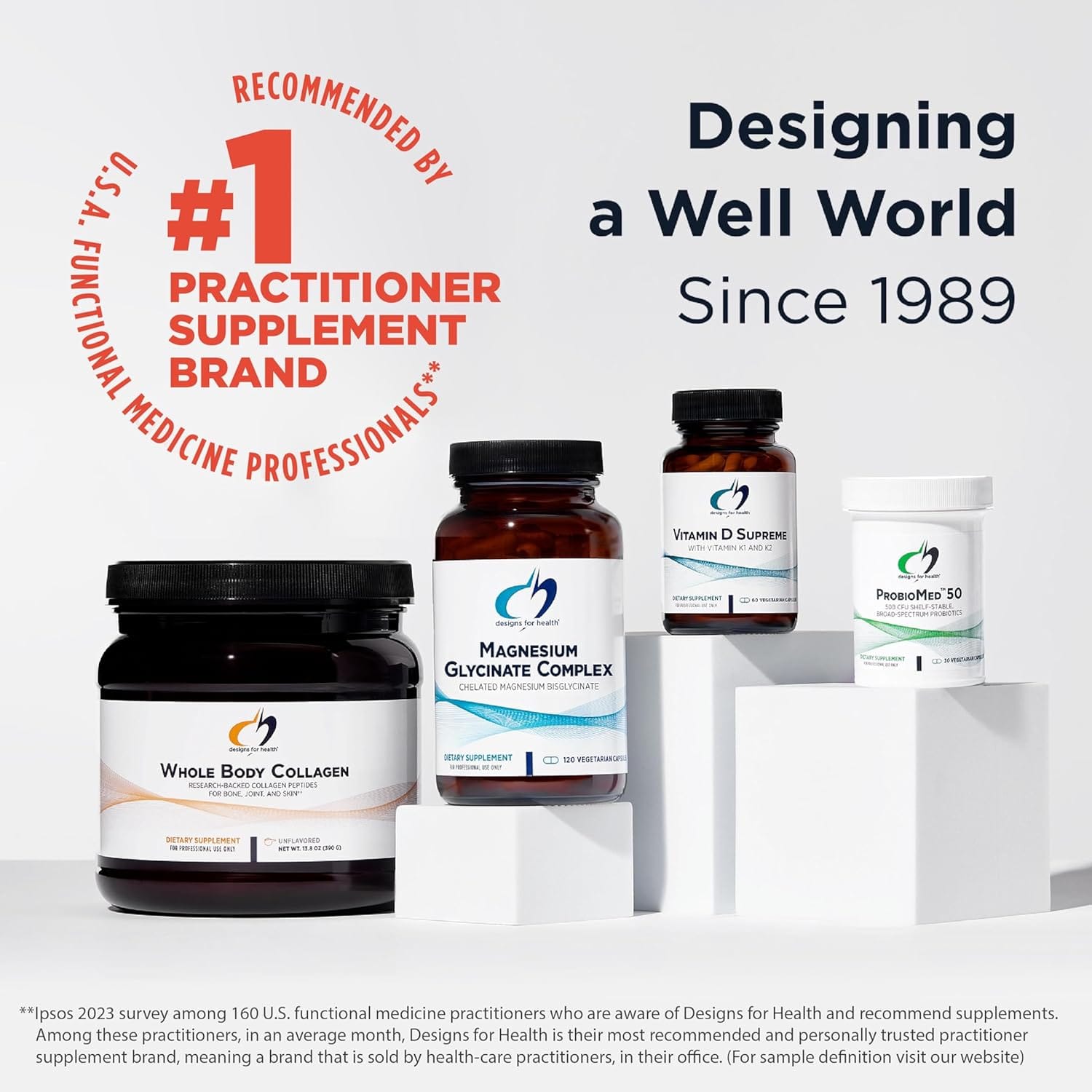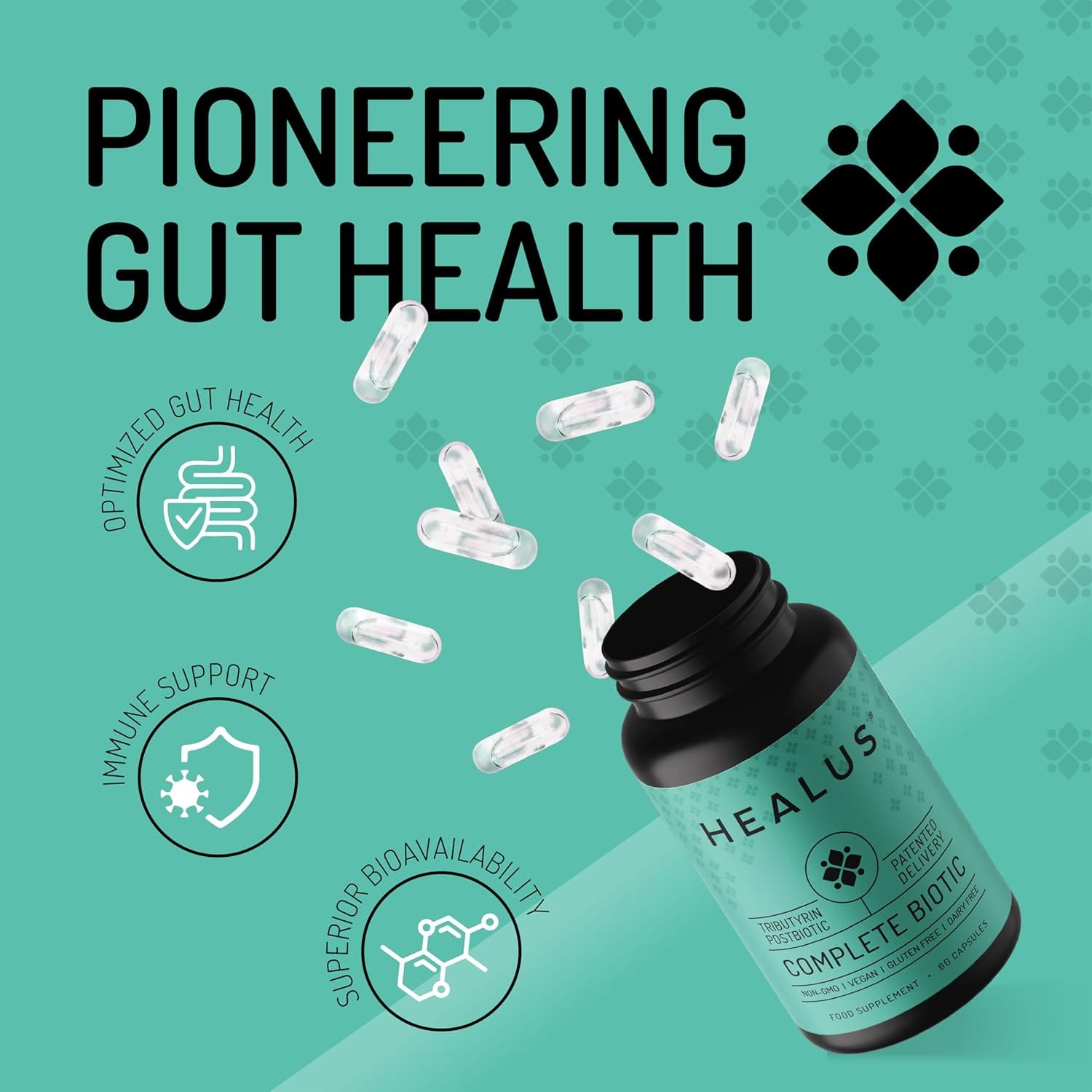Key Takeaways:
- Understanding Postbiotics: Postbiotics are the byproducts of probiotic bacteria, offering unique health benefits.
- Potential Risks: Overconsumption of postbiotics can lead to digestive issues and other health concerns.
- Balanced Approach: Moderation is key to harnessing the benefits of postbiotics without adverse effects.
Introduction to Postbiotics
Postbiotics are the unsung heroes of gut health, often overshadowed by their more famous cousins, probiotics and prebiotics. These compounds are the metabolic byproducts of probiotic bacteria, and they play a crucial role in maintaining a healthy gut environment. Unlike probiotics, which are live bacteria, postbiotics are non-living and include substances like short-chain fatty acids, enzymes, and peptides.
The interest in postbiotics has surged as researchers uncover their potential health benefits. From boosting the immune system to enhancing gut barrier function, postbiotics are proving to be a valuable addition to the wellness toolkit. However, as with any health supplement, it's essential to understand the potential risks associated with their overconsumption.
What Are Postbiotics?

Postbiotics are essentially the waste products of probiotic bacteria after they digest prebiotics. These compounds include a variety of substances such as vitamins, amino acids, and antimicrobial peptides. They are known for their anti-inflammatory and antioxidant properties, which can contribute to overall health improvement.
The beauty of postbiotics lies in their stability. Unlike probiotics, which can be sensitive to heat and stomach acid, postbiotics are more resilient, making them easier to incorporate into various food products and supplements. This stability ensures that they reach the gut intact, ready to deliver their health benefits.
The Benefits of Postbiotics
Postbiotics offer a plethora of health benefits, primarily due to their ability to enhance gut health. They help maintain the integrity of the gut lining, reducing the risk of leaky gut syndrome. This, in turn, can prevent harmful substances from entering the bloodstream and causing inflammation.
Moreover, postbiotics have been shown to support the immune system. By promoting the production of anti-inflammatory compounds, they help the body fend off infections and diseases. Additionally, some studies suggest that postbiotics can improve metabolic health by regulating blood sugar levels and reducing cholesterol.
Can You Take Too Many Postbiotics?

While postbiotics are generally considered safe, consuming them in excessive amounts can lead to potential health issues. Overconsumption may disrupt the delicate balance of gut bacteria, leading to digestive problems such as bloating, gas, and diarrhea.
Furthermore, an overload of postbiotics might trigger an immune response, causing inflammation rather than reducing it. This paradoxical effect underscores the importance of moderation and the need to consult with a healthcare professional before significantly increasing postbiotic intake.
Understanding the Risks
The risks associated with excessive postbiotic consumption are primarily linked to digestive discomfort. When the gut microbiota is overwhelmed by too many postbiotics, it can lead to an imbalance, resulting in symptoms like abdominal pain and irregular bowel movements.
Additionally, individuals with underlying health conditions or compromised immune systems should exercise caution. The introduction of high levels of postbiotics could exacerbate existing health issues, making it crucial to tailor postbiotic intake to individual health needs.
How Much is Too Much?

Determining the right amount of postbiotics can be tricky, as it varies from person to person. Factors such as age, diet, and overall health play a significant role in how the body responds to postbiotics. Generally, it's advisable to start with a low dose and gradually increase it while monitoring for any adverse effects.
Consulting with a healthcare provider can provide personalized guidance on the appropriate dosage. They can help assess individual health needs and recommend a safe and effective postbiotic regimen.
Incorporating Postbiotics into Your Diet
Incorporating postbiotics into your diet doesn't have to be a Herculean task. Many fermented foods, such as yogurt, kefir, and sauerkraut, naturally contain postbiotics. These foods can be a delicious and convenient way to boost your postbiotic intake.
For those who prefer supplements, there are various postbiotic products available on the market. When choosing a supplement, it's important to look for reputable brands that provide transparent information about their ingredients and manufacturing processes.
The Role of Postbiotics in Gut Health

Postbiotics play a pivotal role in maintaining gut health by supporting the growth of beneficial bacteria and inhibiting harmful pathogens. They help create a balanced gut microbiome, which is essential for optimal digestion and nutrient absorption.
Moreover, postbiotics contribute to the production of short-chain fatty acids, which are vital for gut health. These acids help nourish the cells lining the gut, promoting a healthy gut barrier and preventing conditions like leaky gut syndrome.
Postbiotics and Immune Function
The immune-boosting properties of postbiotics are one of their most celebrated benefits. By enhancing the production of anti-inflammatory compounds, postbiotics help modulate the immune response, reducing the risk of chronic inflammation and autoimmune diseases.
Additionally, postbiotics can stimulate the production of antibodies, which are crucial for fighting off infections. This makes them a valuable ally in maintaining a robust immune system, especially during cold and flu season.
Postbiotics and Metabolic Health

Emerging research suggests that postbiotics may play a role in improving metabolic health. They have been shown to influence the regulation of blood sugar levels, potentially reducing the risk of type 2 diabetes.
Furthermore, postbiotics can help lower cholesterol levels by promoting the excretion of bile acids. This can contribute to better cardiovascular health and reduce the risk of heart disease.
Postbiotics vs. Probiotics: What's the Difference?
While both postbiotics and probiotics offer health benefits, they differ in their composition and function. Probiotics are live bacteria that need to survive the journey through the digestive tract to be effective. In contrast, postbiotics are non-living and can withstand harsh conditions, making them more stable and easier to incorporate into various products.
The choice between postbiotics and probiotics depends on individual health goals and preferences. Some people may benefit more from the live bacteria in probiotics, while others may find the stability and specific benefits of postbiotics more appealing.
The Science Behind Postbiotics

The scientific community is increasingly interested in postbiotics due to their potential health benefits. Studies have shown that postbiotics can influence gene expression, modulate immune responses, and improve gut barrier function.
Research is ongoing to better understand the mechanisms through which postbiotics exert their effects. As more studies are conducted, we can expect to gain a deeper understanding of how these compounds can be harnessed for health improvement.
Practical Tips for Postbiotic Consumption
When incorporating postbiotics into your routine, it's important to start slowly and pay attention to how your body responds. Begin with small amounts of postbiotic-rich foods or supplements and gradually increase the dosage as tolerated.
Listening to your body is key. If you experience any adverse effects, such as digestive discomfort, it may be necessary to adjust your intake. Consulting with a healthcare professional can provide additional guidance and ensure that your postbiotic consumption aligns with your health goals.
Common Sources of Postbiotics

Postbiotics can be found in a variety of fermented foods, which are a natural source of these beneficial compounds. Foods like kimchi, miso, and tempeh are rich in postbiotics and can be easily incorporated into meals.
For those who prefer supplements, there are many options available that provide concentrated doses of postbiotics. When selecting a supplement, it's important to choose products from reputable brands that prioritize quality and transparency.
The Future of Postbiotics
As research on postbiotics continues to evolve, we can expect to see new applications and products emerging in the health and wellness industry. The potential of postbiotics to improve health outcomes is vast, and ongoing studies will likely uncover even more benefits.
The future of postbiotics is promising, with the potential to revolutionize the way we approach gut health and overall wellness. As we learn more about these compounds, they may become a staple in health regimens worldwide.

What are postbiotics?
Postbiotics are the byproducts of probiotic bacteria, including substances like short-chain fatty acids and peptides, known for their health benefits.
Can you take too many postbiotics?
Yes, consuming excessive amounts of postbiotics can lead to digestive issues and other health concerns. It's important to consume them in moderation.
How can I incorporate postbiotics into my diet?
You can incorporate postbiotics through fermented foods like yogurt and sauerkraut or by taking supplements from reputable brands.

Postbiotics are a fascinating and valuable component of gut health, offering a range of benefits from immune support to improved metabolic health. However, like any supplement, moderation is crucial to avoid potential risks associated with overconsumption. By understanding the role of postbiotics and incorporating them wisely into your diet, you can harness their benefits while minimizing any adverse effects.










